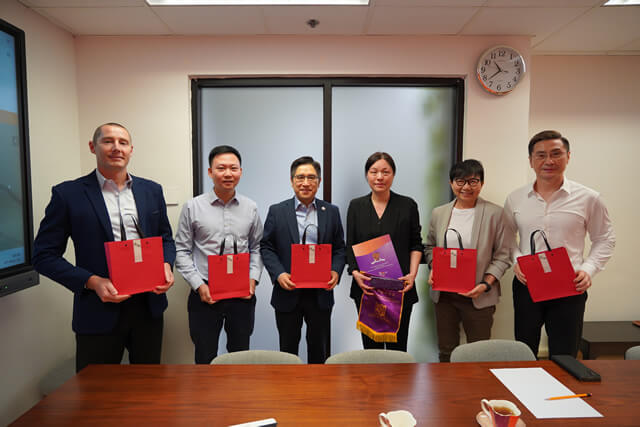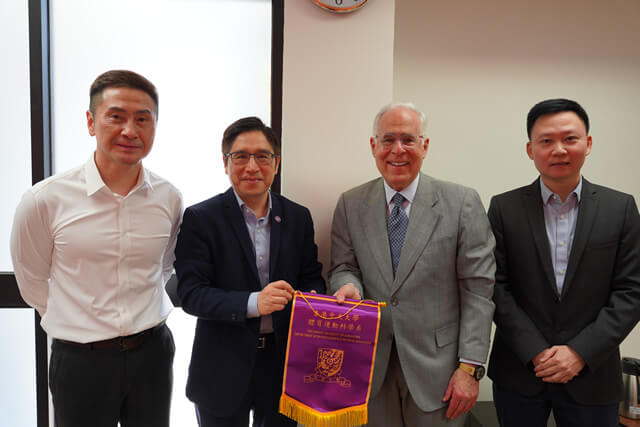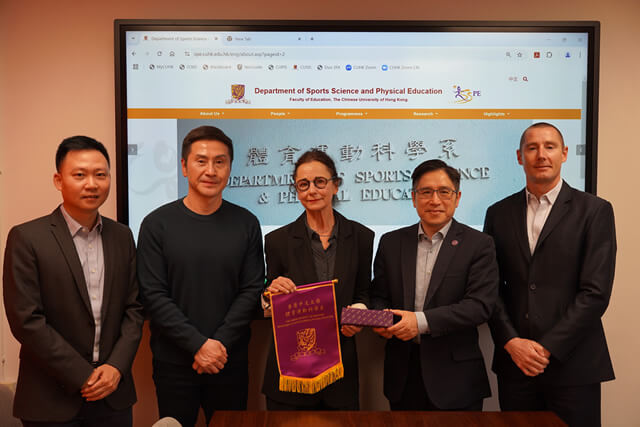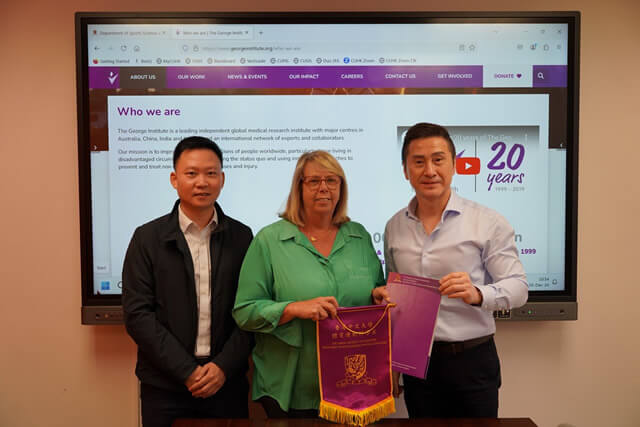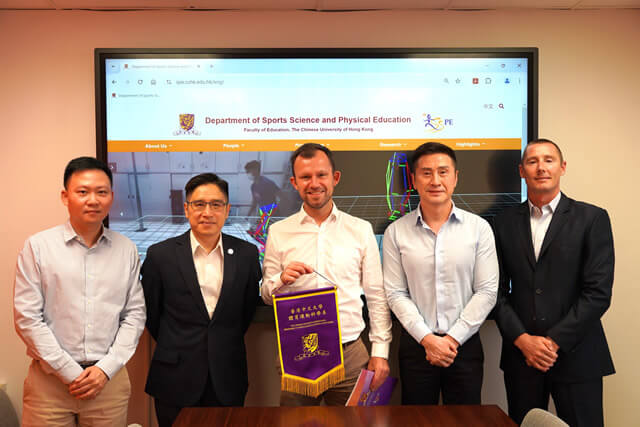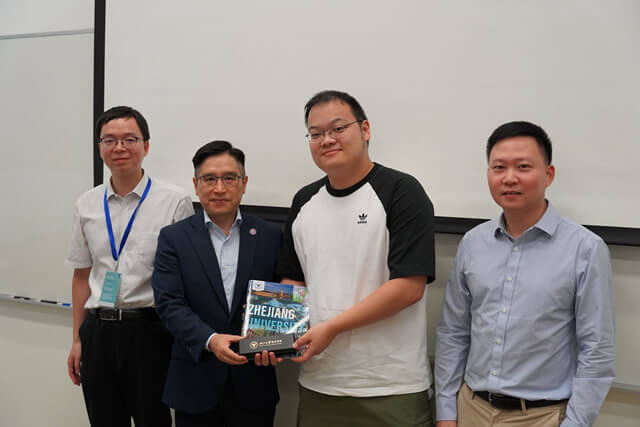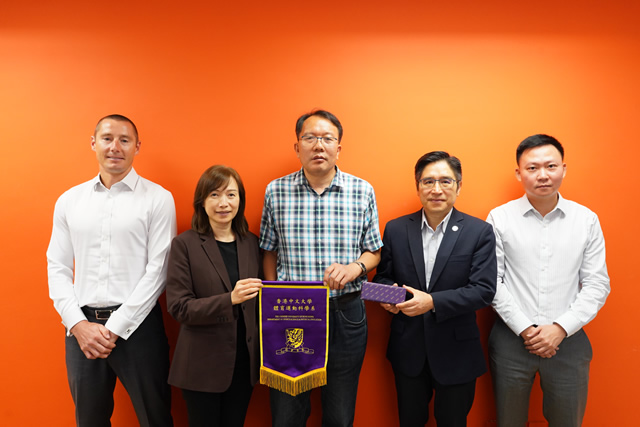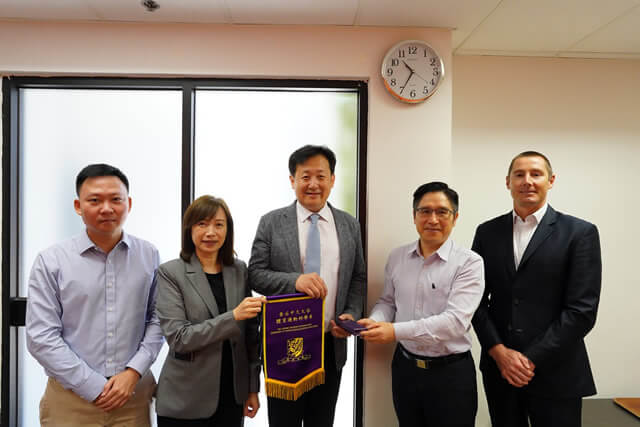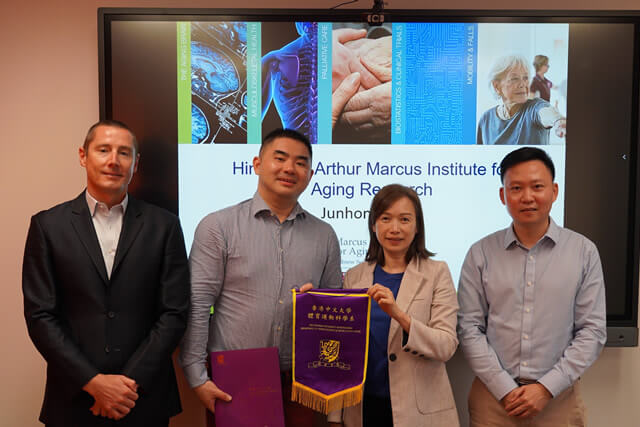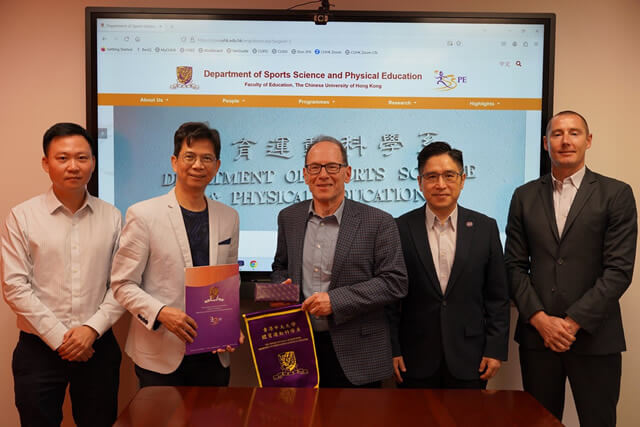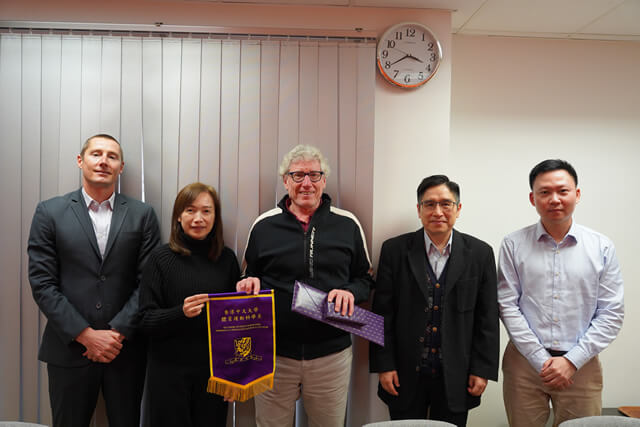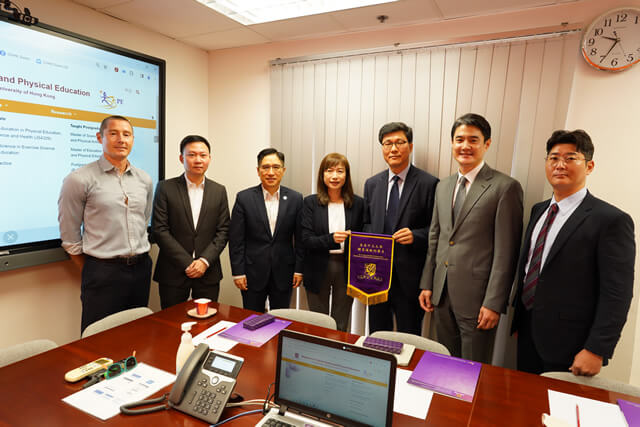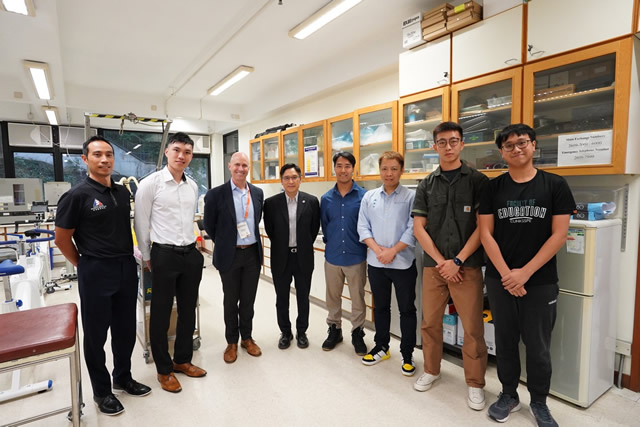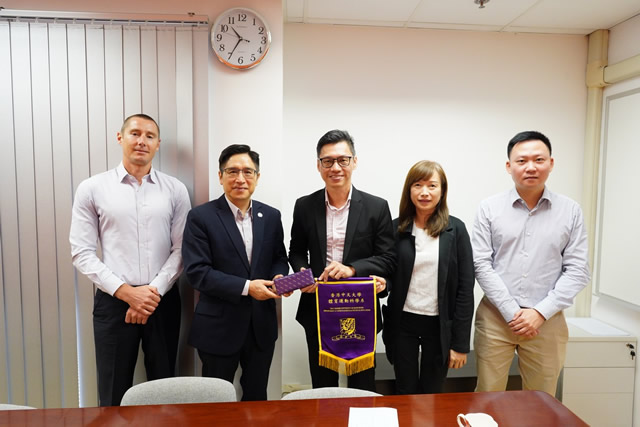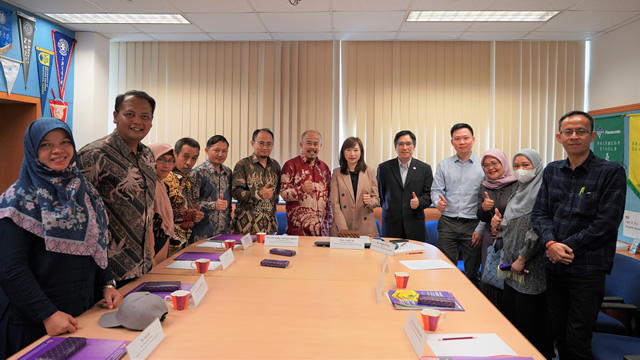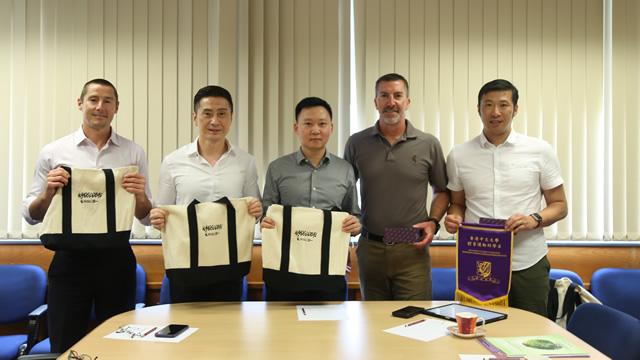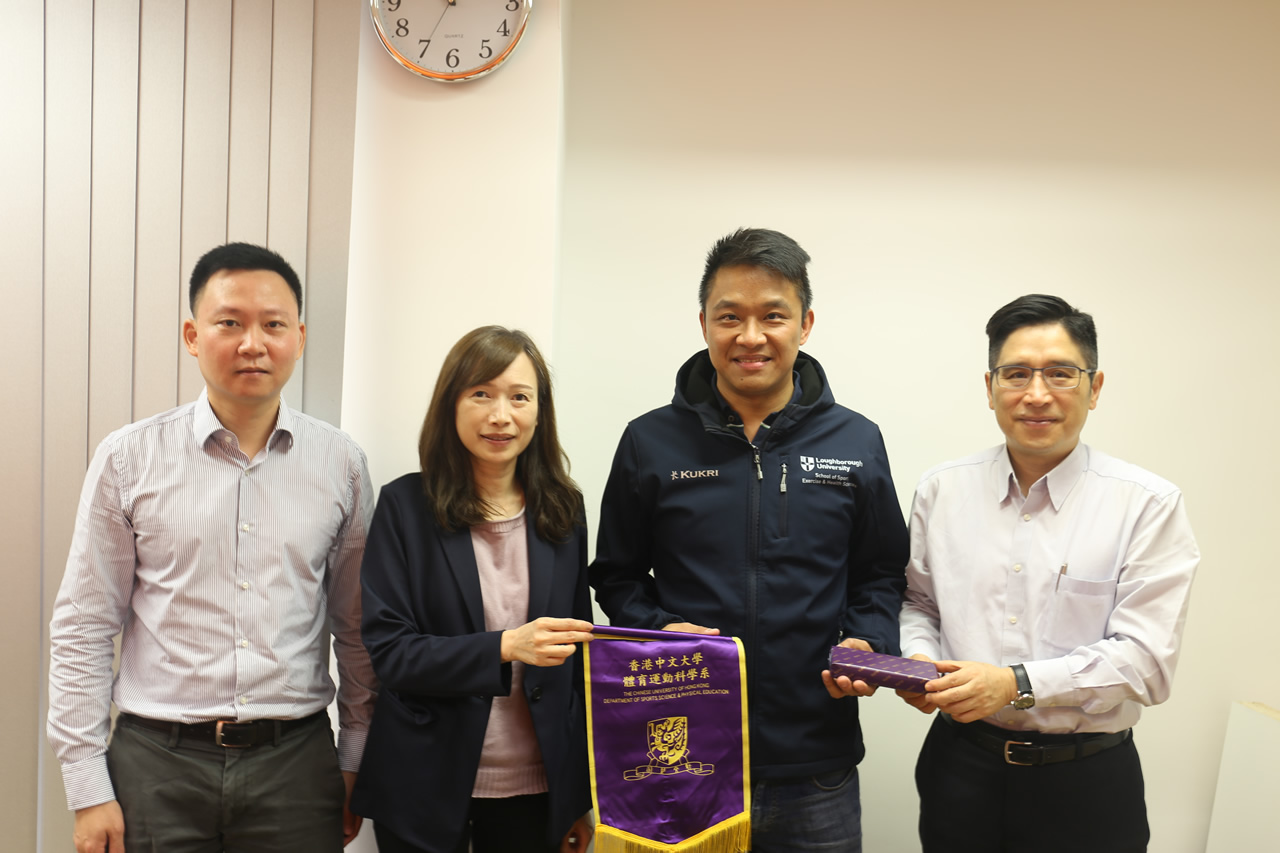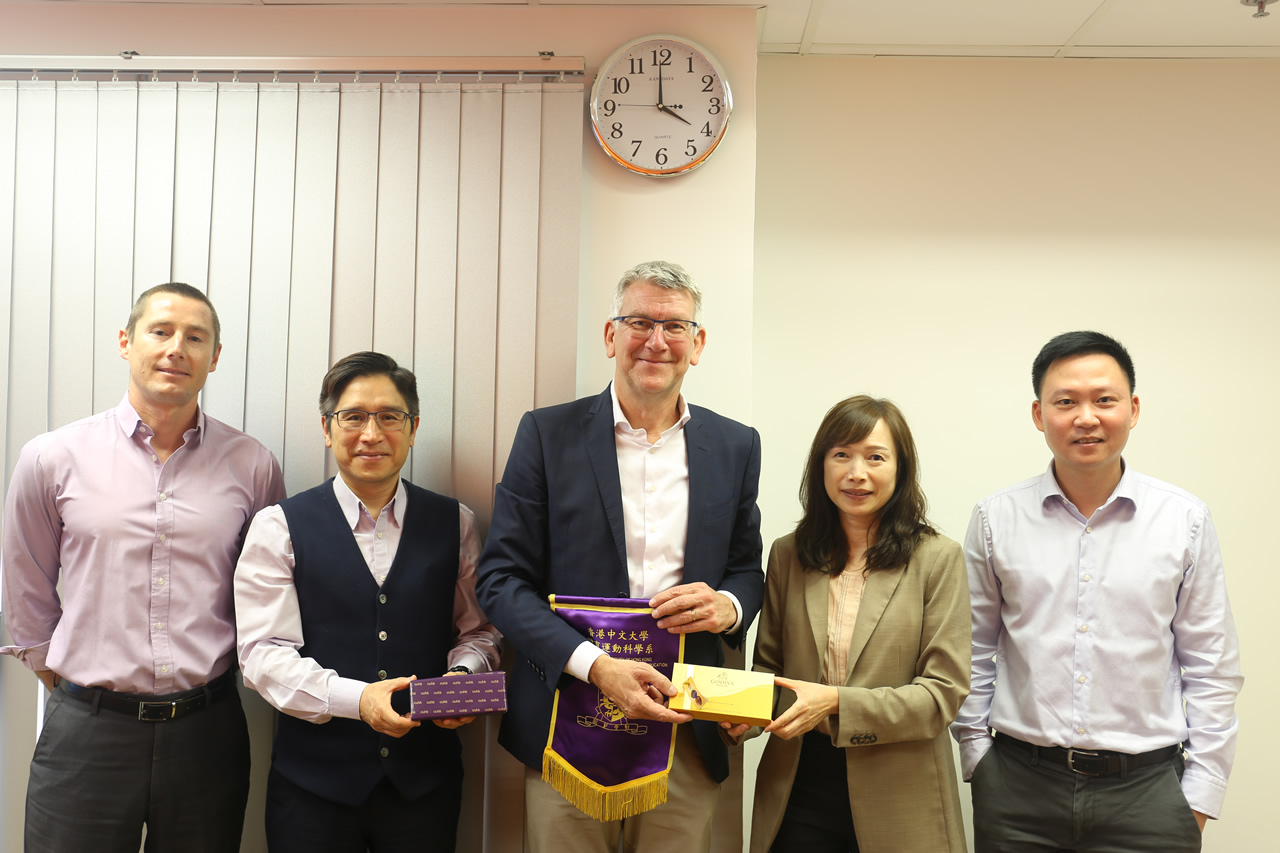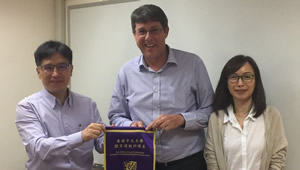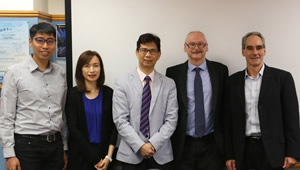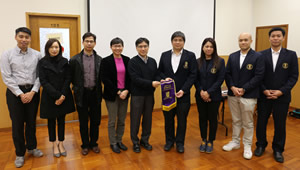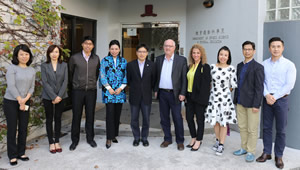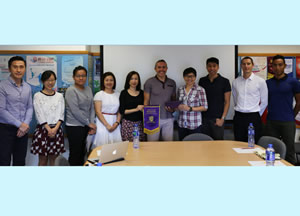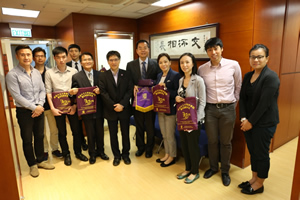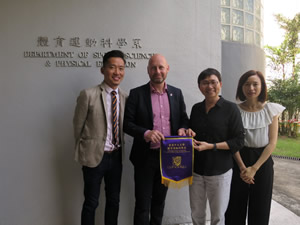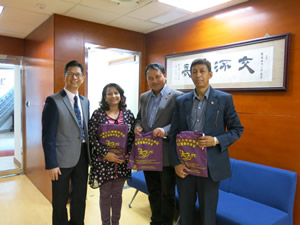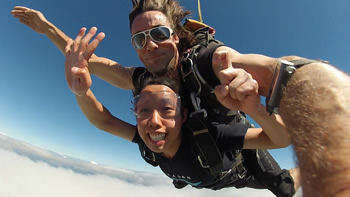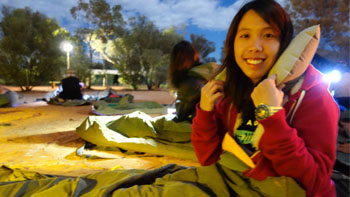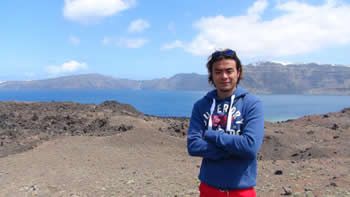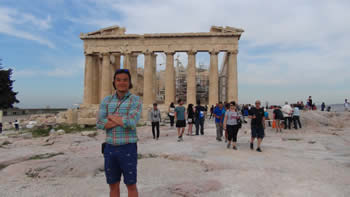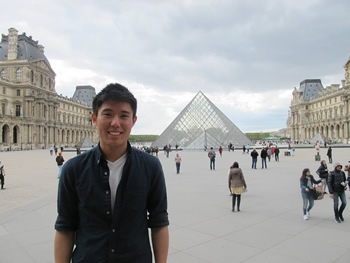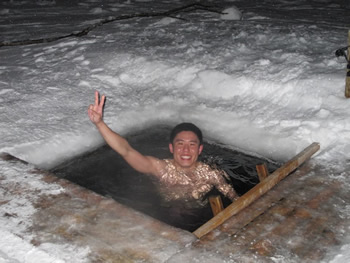When life turned a new leaf, we may find ourselves lost in a mist at times. We seem losing sight; yet, engaging actively in university affairs helped me gain my compass back. One of my highlights in my university life was going on exchange in Australia last semester.
My purpose of life is not subtly encouraged to do the least amount to satisfy requirements. I am an adventurer. I think every moment of my life is irreplaceable and believe I should live my life to the fullness. Picking Australia as my exchange destination is mainly because of my wish to re-visit it again after the high school graduation trip. Its amazing mixed culture from the colonial British rule before and aboriginal people in the country, together with the fascinating natural landscape and thrilling activities attract me a lot also.
Macquarie University, Sydney was my destination of the exchange programme from February to June 2014. It ranks number 9 among all universities in Australia, which is a relatively new (just 50 years since establishment) but research-based and famous university in its territory and among Asian countries. When I first arrived at Sydney, I felt loved to be surrounded by Australian accent. You would expect appealing pancake breakfast and glamorous tea set in front of you upon arrival. But it actually took long hours to get to Macquarie but it was all worth it after feeling how relaxing the place was. Unlike UNSW and USYD, Macquarie is located on the northwest of Sydney that belongs to a suburb with much more woodland and well-developed cycling tracks. The lifestyle is pretty laid back and the pace of living is rather slow than central business districts. This soothed me a lot after non-stop schoolwork for some time in Hong Kong. In there, I felt like time was always unlimited and the only thing that matters was to grab the opportunities and do it.
Going on exchange has been on my check-list in my university studies since 2011, the major difficulty to realize it is to step out from Hong Kong, but to embrace a brand new culture and to emerge myself into it for half a year by myself only. I had to live with somebody else I have met before. In the past, you did not need to live independently without any aid from your parents. You could go for your family for help for whatever reasons, but when you study aboard, you would learn to handle stuff on your own. You would not hesitate to call and ask when you have questions. Instead, you may seek natives’ help quite often because of their familiarity to the places. You open yourselves up to more opportunities to challenge yourself and resolve problems step by step. Attending a wide variety of courses in Australian style was another difficulty I encountered when I started studying in Macquarie. The education system in Australia encourages and focuses more on self-study and extra readings on the topics, whilst teachers only act as the facilitators alongside. Students were required to be more active during lessons, more self-disciplined and to do more lesson preparation and evaluation by having weekly in-class quiz, debates, discussions and presentations on specific issues with peers. I was even told to read more than twenty research articles regarding the teaching contents and make reflection on my teaching according to empirical evidences and real practices. All these allow students to have more explorations from external materials and boosts critical thinking rather than focusing too much on academics. Facing such sudden changes on learning style, even I did expect before arrival, all these took time for me to adapt to it.
In Australia, there are three significant cultures that are firmly imprinted in my mind. I have learnt to start off a conversation with any strangers on street after saying “how are you today?”. The best way to make you feel comfortable with anyone in Australia is to talk about the weather first and then your recent activities. After mentioning these things, they will be very willing to chat with you about other stuff which is a fun experience. You would know their families, hobbies…... Or else, when you are holding a map, as long as you are willing to ask and seek help, Australians are usually friendly and helpful to point you the direction and guide you there. Another important issue every Australian follows tightly is punctuality. Whenever you have gatherings, meetings or school, you have to be on time, or the fellows will hate you. I witnessed professors shutting doors to ban the new comers till the class break that is not the usual practice in Hong Kong. Jumping lines is a taboo in Australia that gave me a big shock. No one dares to jump lines no matter in the supermarkets, fast food restaurant or at platforms waiting for the train and all people are queuing up patiently whenever they are. This is really a good practice that everyone is in order and you would really feel good when you are around that you do not need to care about any misbehaviour.
Travelling during exchange is of course the largest highlight. You may find interesting that when you take the flight for three hours, you are still in the Aussie territory; whilst when you are travelling in Europe, you have already been to other countries. From planning to execution, I have done countless researches to make the plans smooth. When I went on travel, I have learnt a few things that could make my future trips even more wonderful. To enjoy the fullest, tourists should embrace the culture of the locals that you may ask them to teach you the languages there and practice some greetings with them. They will feel much appreciated if you try to know them more. Instead of visiting massive numbers of places, limiting the spots and staying in a place for a longer time to let your surroundings soak in, rather than rushing everywhere. That would make one feel more enjoyable. Furthermore, to create a more unforgettable trip, you may try some “once-a-lifetime” activities. I overcame my fear and completed skydive, scuba diving, sandboarding, white water rafting and even slept in a swag in an outdoor campsite with dingoes and millions of stars. After all, the deepest and final feeling for one person who stayed long outside is to make you know home is where the heart is and where you truly belong to and where you can all the time get support from, despite all the excitements gained along your journeys.
After my exchange, it made me to appreciate my home so much more. After paying visits to some of the best museums of the world, relishing at the antiquity of the cathedrals, and dining on some of the most exotic foods, I came to the realization that all of these things that I experienced while I was abroad were readily available at home as well. One of the tremendous reasons why I encourage people to go on exchange is because when they come back home with a fresh new pair of eyes, they appreciate home so much more. After coming home, the experience and fun stories you share will definitely tell them you have grown a lot and you are ready for more demanding challenges in the forthcoming future.
